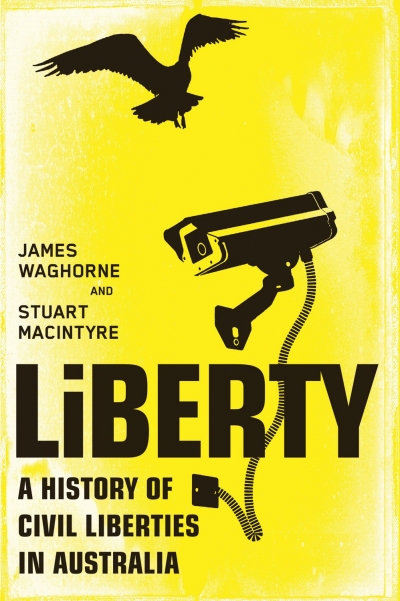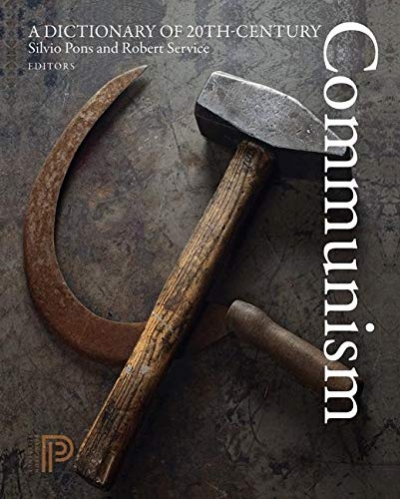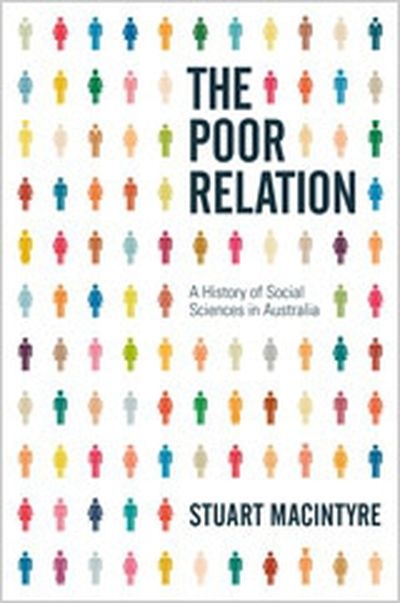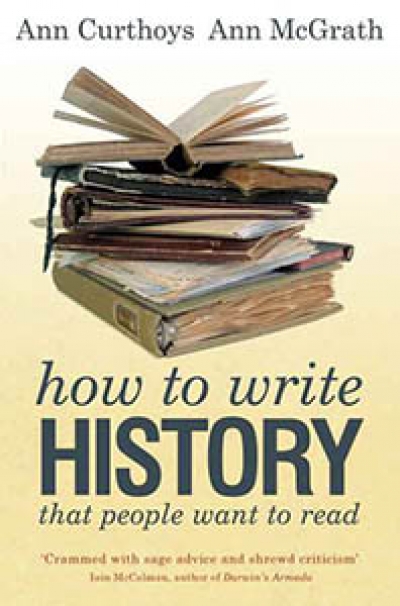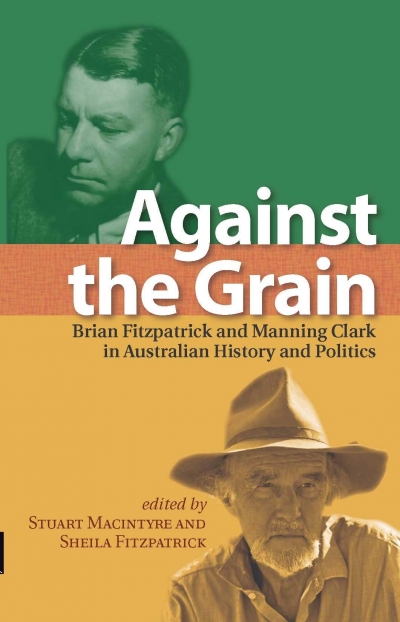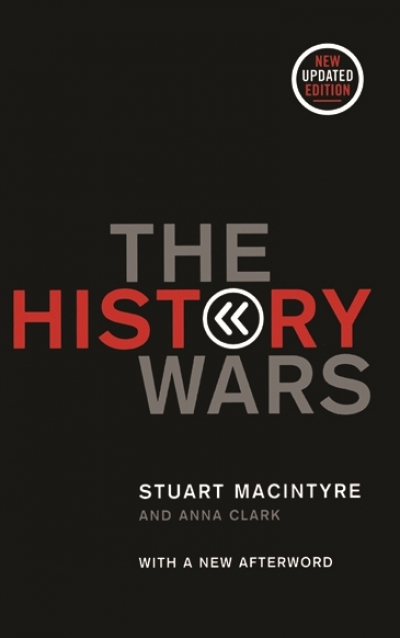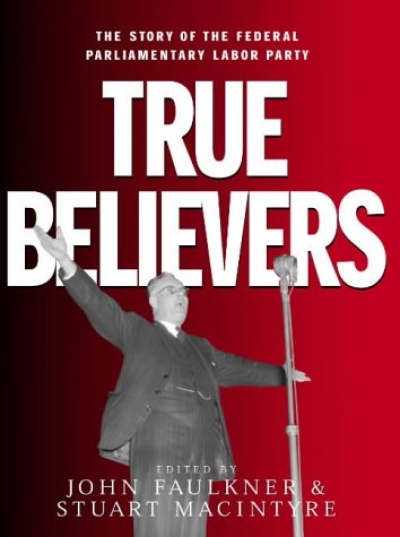Stuart Macintyre
Liberty: A History of Civil Liberties in Australia by James Waghorne and Stuart Macintyre
by Terry Lane •
A Dictionary of 20th-Century Communism edited by Silvio Pons and Robert Service, translated by Mark Epstein and Charles Townsend
by Stuart Macintyre •
The Poor Relation: A History of Social Sciences in Australia by by Stuart Macintyre
by Frank Jackson •
How to Write History That People Want to Read by Ann Curthoys and Ann McGrath & Voice and Vision by Stephen J. Pyne
by Stuart Macintyre •
Against the Grain: Brian Fitzpatrick and Manning Clark in Australian history and politics edited by Stuart Macintyre and Sheila Fitzpatrick
by Nick Fischer •
Australian Historical Studies edited by Joy Damousi & Australian Historical Studies edited by Shurlee Swain and Stuart Macintyre
by Lyndon Megarrity •
The History Wars by Stuart Macintyre and Anna Clark & Whitewash edited by Robert Manne
by Tony Birch •
James Griffin and John Wren
Dear Editor,
Some of your readers will be familiar with the problem. You set aside a few days to get to the National Library to pursue a research project. You obtain the manuscripts, order the material in the Petherick Room, and settle down to uninterrupted industry, when an avuncular bore with too much time on his hands buttonholes you and bangs on about his own project. You do not wish to appear uninterested, yet hope that the windbag will leave you alone and get back to his own table, perhaps even write the book that he rehearses so insistently as the precious minutes tick by.
... (read more)True Believers: The story of the Federal Parliamentary Labor Party edited by John Faulkner and Stuart Macintyre
by Ross Fitzgerald •

